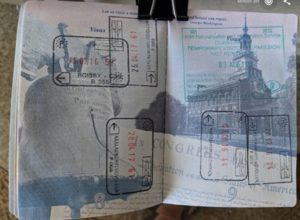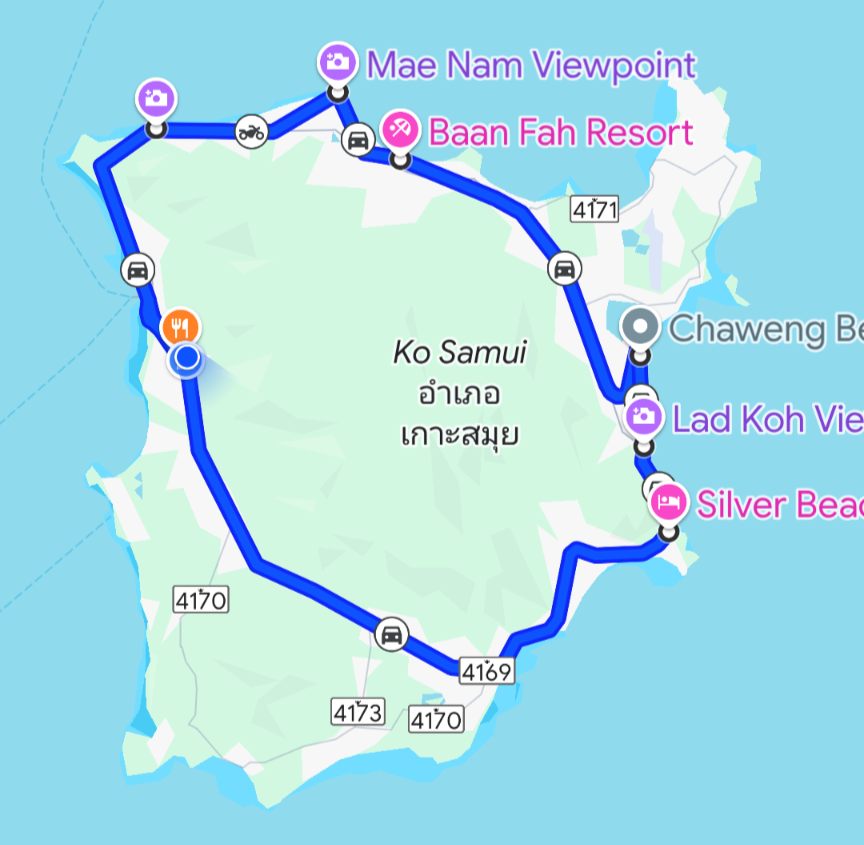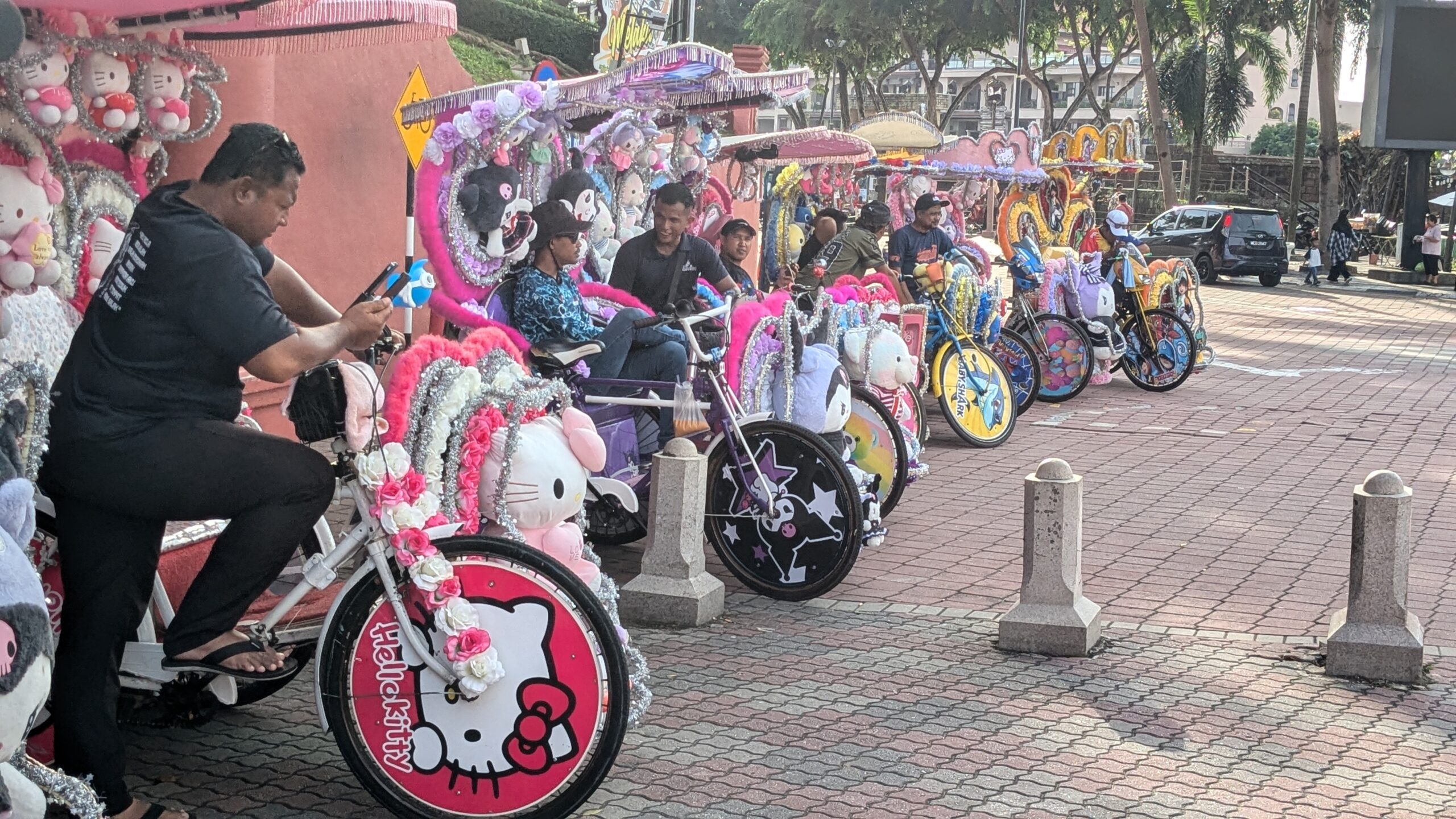Deciding where to go is a personal decision and after spending six weeks in Portugal and Spain in Aug-Sept 2018, Kathleen and I had a hard time deciding where we wanted to go and to apply for a residency visa. And there are many types!
There are visas for students, employees of companies that have them placed in Spain, plus those for entrepreneurs; those buying real estate worth more than 500 E (a free pass!) and the one that we applied for called the Non-lucrative Visa.
The name is a bit misleading, but what it says is that you/ we will not seek employment or work in Spain, so we will not take anyone’s job. This is ideal if you have provable retirement income or income that will be received whether you work or not. But really, they want assets, about 30,000 Euros worth, which is equal to the annual income of the average Spanish worker.
Both countries are challenging to move to and bureaucracy is the norm for much of the world. We started applying to Portugal but when we found out that learning the language after five years was a requirement, we chickened out. So, Spain it was.
We spent dozens of hours and about $800 to apply for Spanish residency. Had it been granted it would have been approved for one year and then we would have to go through almost the same amount of work. Once granted we would have had to go to local police department where we landed to complete the two-step process of getting the first years residency. After one year (and we would need to apply at least six months early) we would need to go through the same steps for an additional two year extension. Assuming we got that we would then need to apply again for another two year extension and then, after five years, we could apply for official residency. That does offer many benefits, including a Spanish passport and access to cheap health care, but when we got shot down at the beginning steps we decided to go another way.
Fuck the visa and become digital nomads.

Truth was, we really did not want to reside in one country, but only needed an access point that would allow us more than 90 days residency, which is typical for most countries, and in the case in Europe, the entire “Schengen region”, which includes 26 countries that share common passport controls.
We’ll get into that later and also explore what is called the Line of Descent citizenship for those that have parents or grandparents from certain countries. For me, as the son of a Hungarian citizen, I may be eligible for Hungarian citizenship. Again, stay tuned on that one as I make that step in the next few months.
Back to the Digital Nomad scenario.
If you are fortunate enough to have the ability to work or live anywhere, and you do not want to “settle down” in one spot, then traveling within visa guidelines and restrictions is a great option.
For me, I wanted to go everywhere that was warm, so that included many countries that are not part of the Schengen restricted areas.
As I write this entry, we have been in Valencia for less than one week. The town is nice, we have a great condo location and the weather is terrific. Low to mid 40s at night, mid 60s to 70s during the day. But the language barrier is an adjustment for me. This is the third largest city on Spain, behind Barcelona and Madrid, and in those other cities my lack of Spanish was not an issue. But here less people speak English, plus the Valencians have their own dialect, which is not Spanish, but is local to the region.
When I tried to sign up for Pilates classes and realized that I could not understand the instructions and could impede the rest of the class I decided to bow out of that class and stick to gym workouts, which I can do in silence and without conversation.
Coming up next: planning the trip in advance.
#spain, #valencia, #travel, #traveling, #losangeles,#visa,#passports,#schengen, #schengenzone, #digitalnomad, #travelingnomad,#nomads



